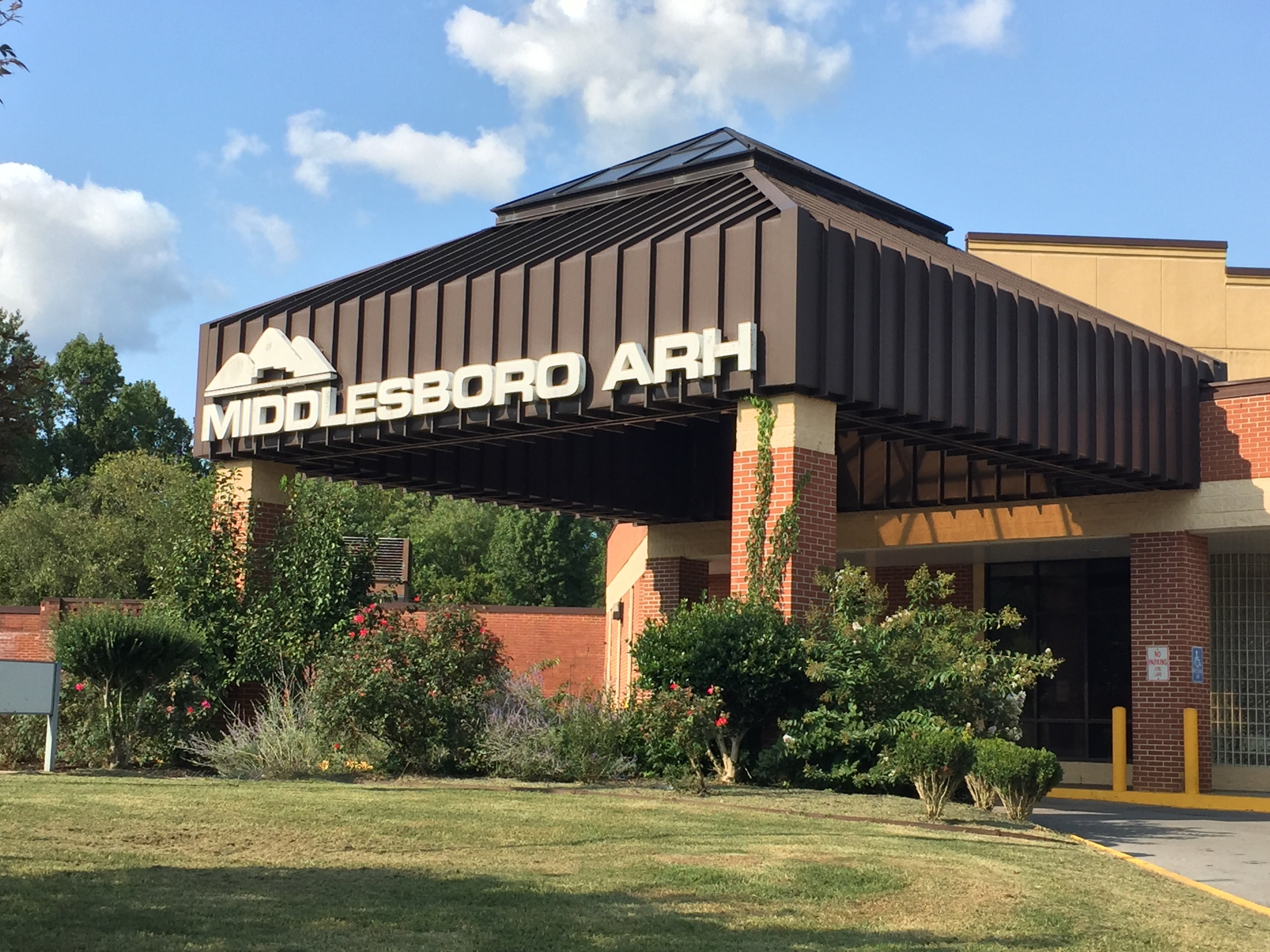Middlesboro ARH faces COVID surge
Published 9:04 am Wednesday, September 15, 2021

- Regional hospitals are vital to Kentuckians. Photo by Joe Asher
Hospitals across the state are seeing a dramatic increase in admissions due to COVID-19, and Middlesboro ARH is no exception.
According to Middlesboro ARH Community CEO Michael Slusher, the Middlesboro facility is receiving assistance from National Guard personnel because of the COVID-19 situation.
“I received a call from a Captain Daniel Hedges indicating the National Guard would be here on Tuesday, Sept. 14, for a month that would go through Oct. 13,” Slusher said.
Slusher explained the National Guard will be providing support assistance during the COVID-19 pandemic.
“They’re also doing this at other locations throughout southeast Kentucky,” Slusher said. “There will be 10 National Guardsmen including the captain, and they’re going to be working primarily in the areas of dietary, housekeeping, stores, and as table screeners. They are not allowed to work in clinical positions, so they will be assisting in non-clinical positions. We’re very glad to have their assistance.”
Slusher explained the increase in COVID-19 cases has made an impact on the hospital.
“Southeast Kentucky has been significantly impacted by this wave of the pandemic,” Slusher said. “This is the Delta variant. As of this morning…We were seventh in the state in regard to high COVID incident rates.”
Slusher noted as of Friday, every bed at the facility was occupied.
“There are no open beds,” Slusher said. “We continue to hold patients in our emergency department, typically two to three patients a day until a bed comes open due to a patient discharge. We have opened our surge unit; we have five surge beds we’ve had to go ahead and flow into.”
Slusher said the facility has temporarily suspended all non-emergency surgeries and cardiac catheterization procedures.
“We’ve redeployed those nurses to the surge floor and other floors to take care of our patients,” Slusher said. “It’s extremely important that we provide world class care to our patients, even during a COVID surge.”
Under normal circumstances, the surge floor is used for offices and supply closets.
“We’ve cleared those out…and turned them into patient care units,” he said.
Slusher said patients are kept in the emergency department until an inpatient bed becomes available.
“We hold them in the E.D. (Emergency Department), treat them in the emergency Department and use those Emergency Department beds as inpatient beds until an inpatient bed is freed up,” Slusher explained. “It’s almost impossible to transfer a patient out of our emergency department because every hospital in the area is in the same situation we are.”
The delta variant is responsible for the influx of COVID-19 patients, Slusher explained.
“The delta variant is significantly more contagious, and it makes patients much sicker,” he said. “We’re seeing much younger patients hospitalized because of this.”
Slusher pointed out as of Friday, 95 percent of COVID-19 patients at ARH were non-vaccinated.
The Delta variant is having a greater impact on younger people than the previous strain of the virus, according to Slusher.
“The last statistic I saw was that 65 percent of the hospitalized patients were under the age of 65,” he said. “The patients that are being hospitalized are getting much younger.”
Slusher pointed out the Delta variant is responsible for an increase in deaths as well as hospitalizations.
“We have seen an increase in deaths with the Delta variant. Last year at our peak we saw 14 COVID inpatients a day. With this wave, we’re routinely seeing 22 COVID inpatients a day. People are much sicker, and this is much more contagious,” he said.
Slusher noted vaccinations are the most effective defense against COVID-19.
“I encourage people to get vaccinated,” he said. “The surest way to stay out of the hospital and stay safe is to get your vaccine.”






